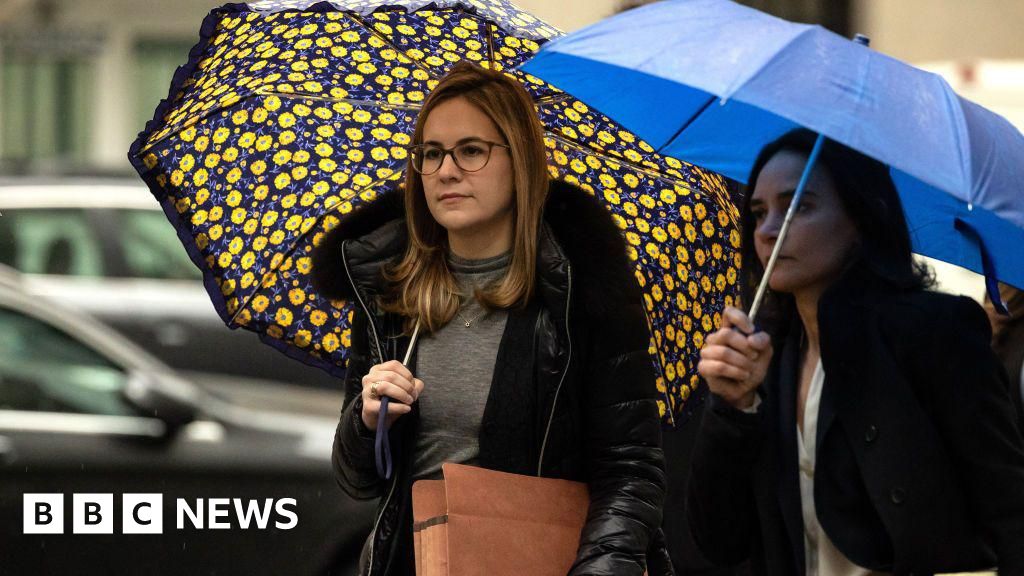
One of our subscribers requested an investigation into a BBC News article claiming that a top prosecutor in Manhattan resigned after refusing an order to drop a corruption case against New York City Mayor Eric Adams. The key question: Are these resignations a fight for justice, or do they reflect a deeper political clash between Trump’s administration and legal institutions?

Key Finding: The Article Omits Crucial Context
While the article presents the resignations as a reaction to the Trump administration’s intervention in the prosecution of Mayor Adams, it fails to address how common it is for political leadership in the Department of Justice to influence prosecutorial priorities. Under previous administrations, similar shifts in prosecutorial direction have occurred, raising the question of whether this situation is truly unprecedented.
Claim: Prosecutor Danielle Sassoon resigned solely in protest of justice being undermined.
The article strongly implies that Sassoon’s resignation was driven by ethical concerns alone. However, it does not account for reports that she had long-standing disagreements with the administration’s approach to other cases. Multiple sources indicate that internal policy disputes, not just the Adams case, contributed to her departure. By leaving out this broader context, the article presents a simplified version of events that may mislead readers into believing this was an isolated act of defiance rather than part of a larger conflict within federal law enforcement.

Misrepresentation of Quid Pro Quo Allegations
The article claims that prosecutors alleged Mayor Adams’ attorneys offered a favor in exchange for dropping the case. However, it does not mention that no definitive evidence of a direct offer has been provided. Adams’ lawyer flatly denied any such arrangement, yet the article presents the allegation prominently without detailing the lack of confirmed proof. This framing suggests certainty in an accusation that remains contested.
Flawed Characterization of Trump’s Role
The article suggests that Trump himself orchestrated the decision to drop Adams’ case, yet it presents no direct evidence tying him to the directive. While a senior Justice Department official cited an administration policy, the assertion that it was a “direct order” from Trump is not supported by a documented statement from him. This omission leaves room for misleading interpretations.

The Answer to Your Question
The resignations do reflect political tensions, but the portrayal of them as a pure stand for justice ignores the broader context of routine DOJ policy shifts under different administrations. There is evidence that political motivations played a role—on both sides. While Trump’s administration pushed to drop the case, internal disputes within the DOJ also shaped these resignations. This was not a one-sided political interference story but an ongoing struggle between shifting prosecutorial priorities and internal resistance.
Want to make sense of today’s news? Stay informed with DBUNK. Download our app to get real-time fact checks and submit your own news concerns!

